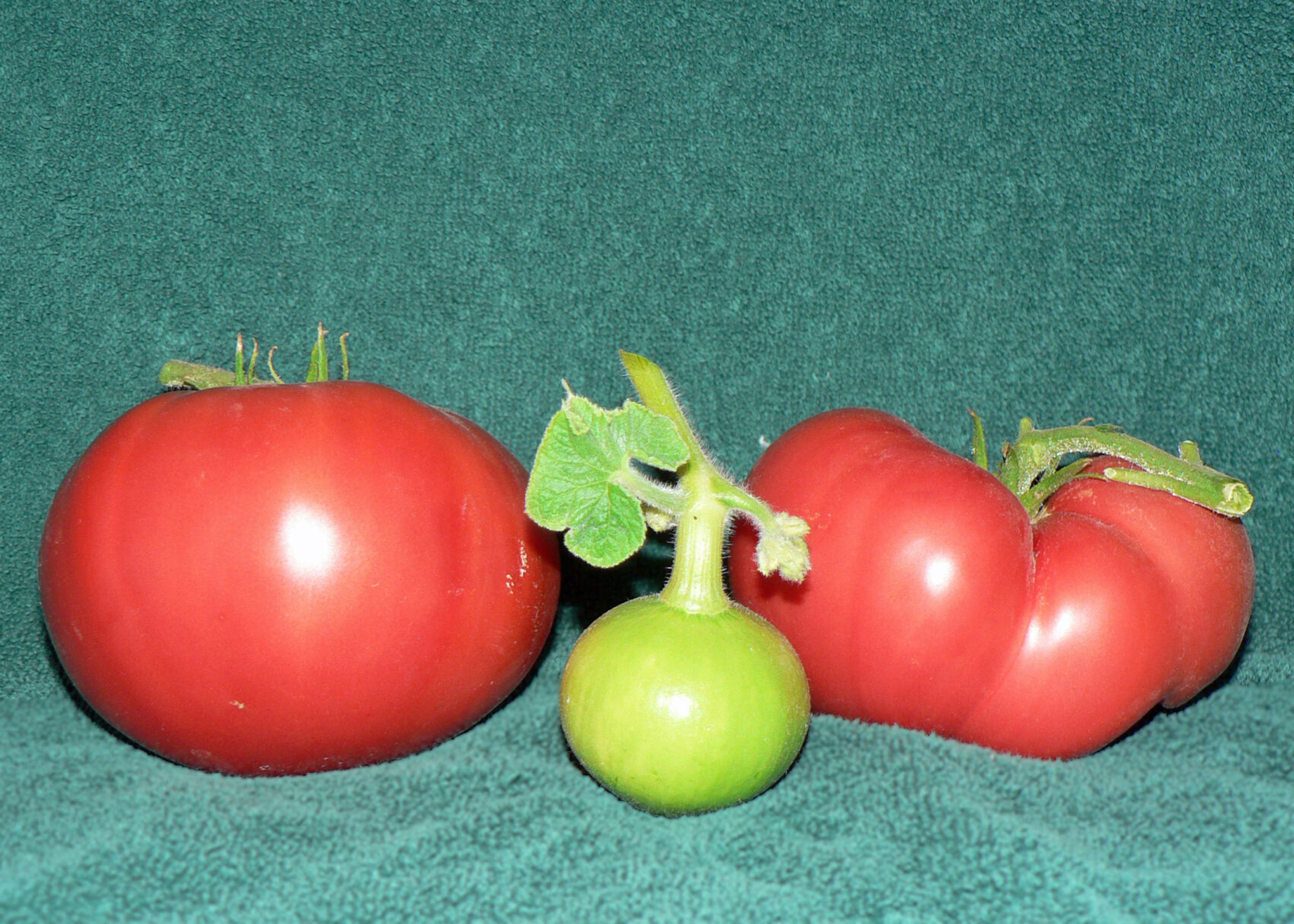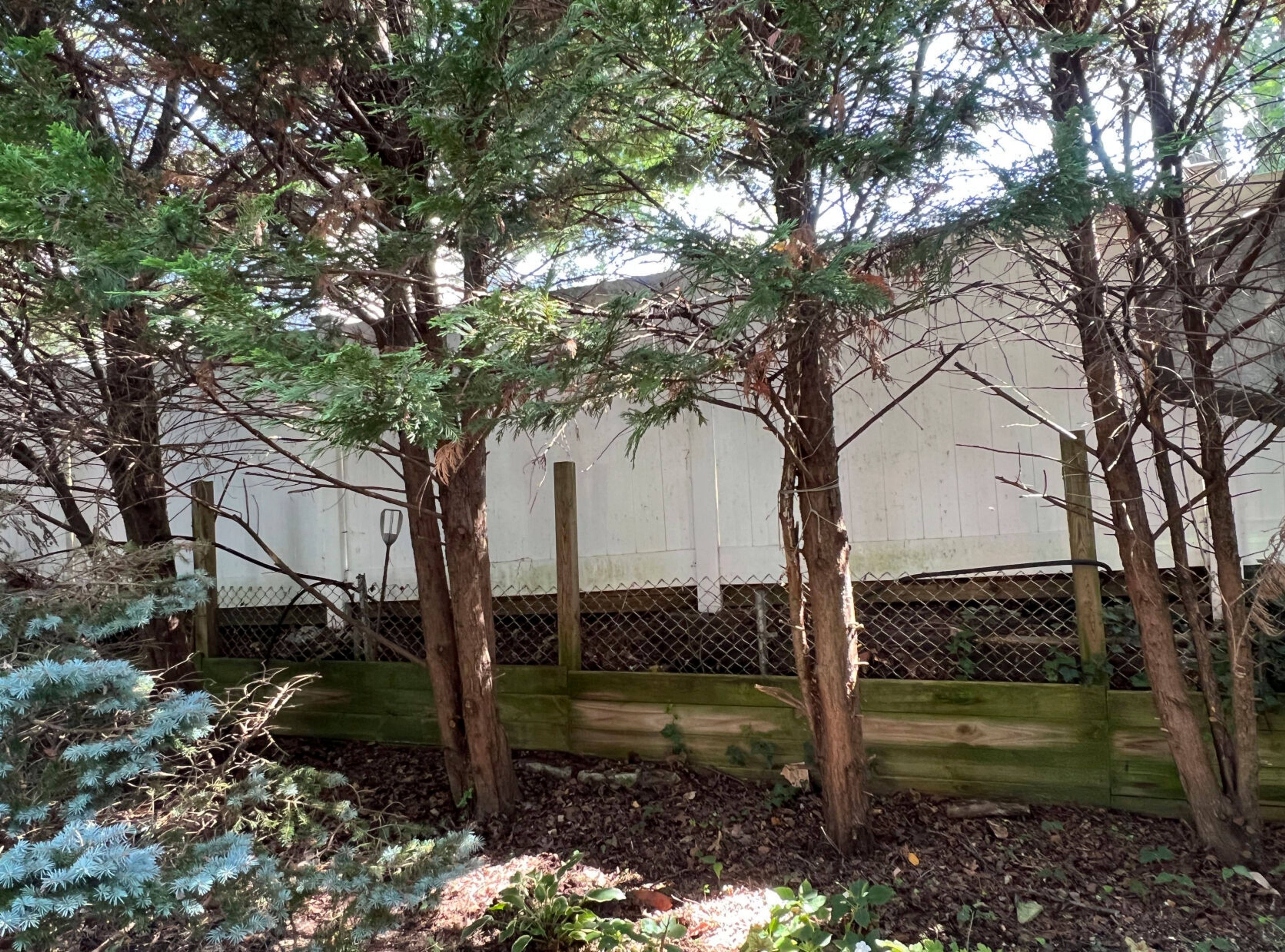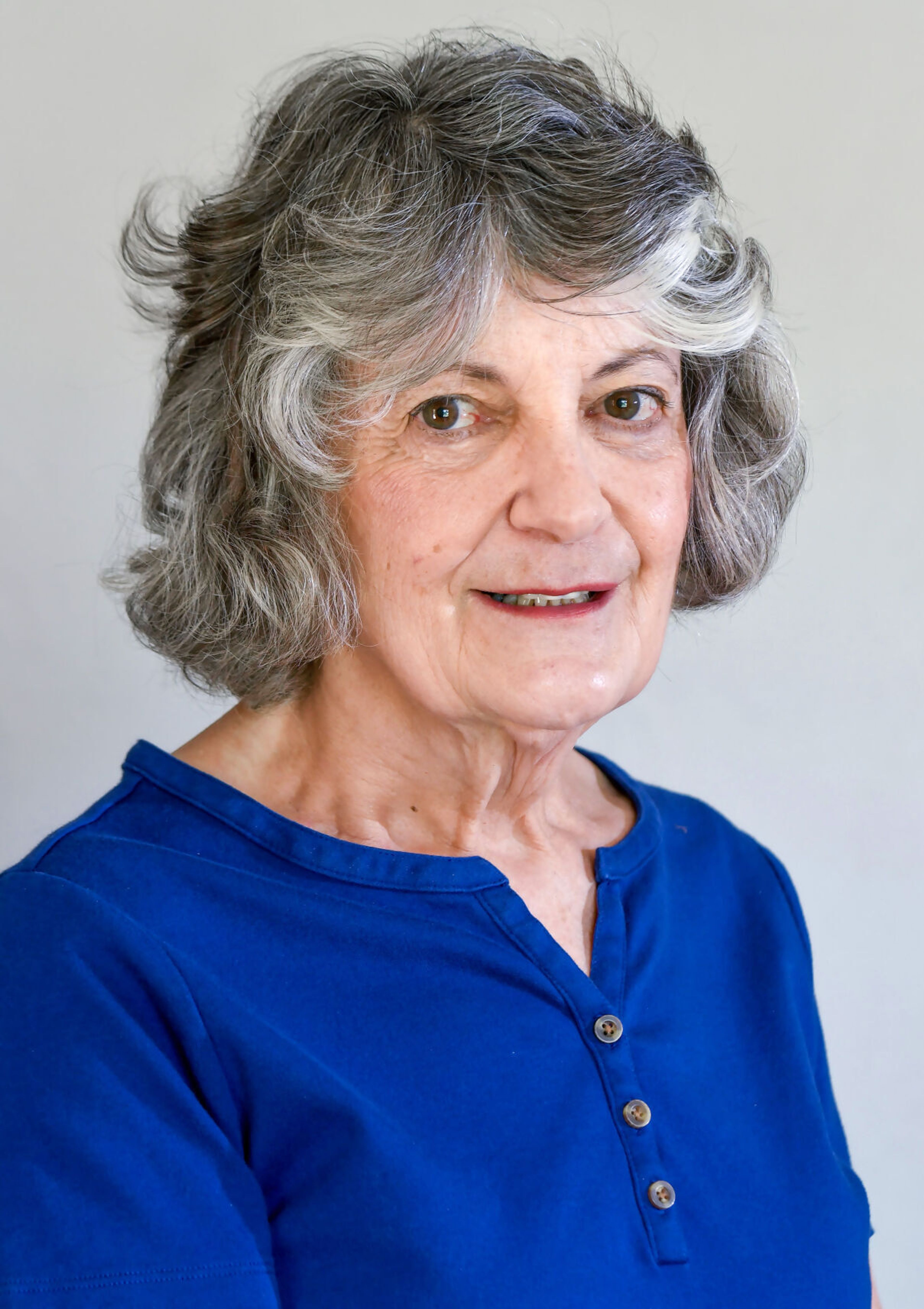Moscow goes pesticide free at two parks this year
More weeds popped up, more staff time used to control them
No pesticides were used this year at Moscow’s Lillian Woodworth Otness Park and Almon Asbury Lieuallen Park, but slightly more weeds were found in the parks, and crews spent more time controlling the weeds, said Moscow Assistant Parks and Recreation Director David Schott.
Schott said reducing pesticides is part of the Parks and Recreation Master Plan and an emphasis for the Parks and Recreation and Sustainable Environment commissions, city staff and members of the public.
So, Schott said the two parks — Lillian Woodworth Otness, located between South Lilly and South Asbury streets, and Almon Asbury Lieuallen, nearby on East Residence Street — were chosen as pilot projects to see how efficient it would be to eliminate pesticide usage at the parks.
“It’s a high priority for the public to reduce pesticides, and so we’re trying to achieve that,” Schott said. “So we just need to know what that means, and so I think these two pilot programs are going to give us really valuable information on what that means system-wide in the future.”
He said staff observed and took photos of the weeds and ranked them according to how plentiful they were at the parks. These observations started April 23 and continued about every three weeks until Sept. 18.
Before this year at the two parks, crews used a herbicide to kill broadleaf weeds on the grass and nonselective preemergent Roundup to kill weeds and prevent them from coming back in planters, Schott said.
This summer, he said parks staff only used mechanical controls like trimming along the creek bank to knock back weeds and hand-pulling weeds in the planter beds.
Schott said he recommends continuing the pesticide-free pilot program next year at the two parks. He said the Hamilton Community Garden next to the Hamilton Indoor Recreation Center has been discussed as a potential pesticide-free test area as well.
Parks and Recreation Commission Chairman Robby Cooper said the first-year results were promising and that parks staff should track data next year to gain a more accurate sense of the efficiency of pesticide-free controls.
Cooper said he does not know if it is realistic for all Moscow parks to be pesticide-free.
He said the type of weed and whether it spreads by root or seed are factors in how easy it is to manage.
Cooper said a lawn where his 2-year-old rolls around on, for example, may not be the best place for pesticides, but an area with a serious noxious weed problem and unmanageable without pesticides would seem appropriate for the weed killer chemicals.
Overall, he said he is glad the city is gathering data to base its policies and management practices.
“I think across the board when it comes to policy decisions, I would like to see more evidence-based policy decisions in our world. Period,” Cooper said. “And so I really like this approach that they’re taking to collecting some real evidence before making drastic changes.”
Garrett Cabeza can be reached at (208) 883-4631, or by email to gcabeza@dnews.com.







